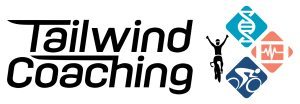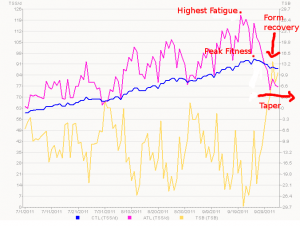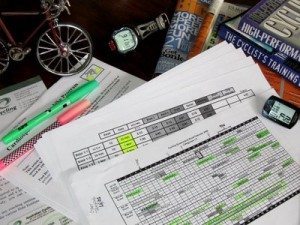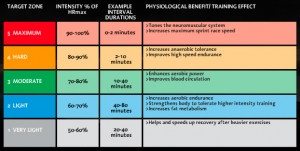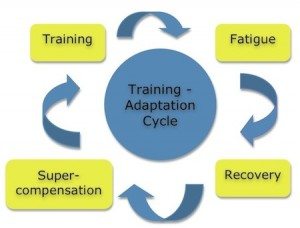Welcome to the Tailwind Coaching podcast archives. You’ll find all the back editions of the Tailwind Coaching Podcast along with show notes and any downloads that accompany them. Feel free to peruse the archives and share the episodes with your friends. You can also subscribe to the Tailwind Coaching Podcast on iTunes, and if you do, leave a review and tell me what you think.
If you have any comments, questions, or have an idea for a future episode of the podcast, contact me and let me know.
